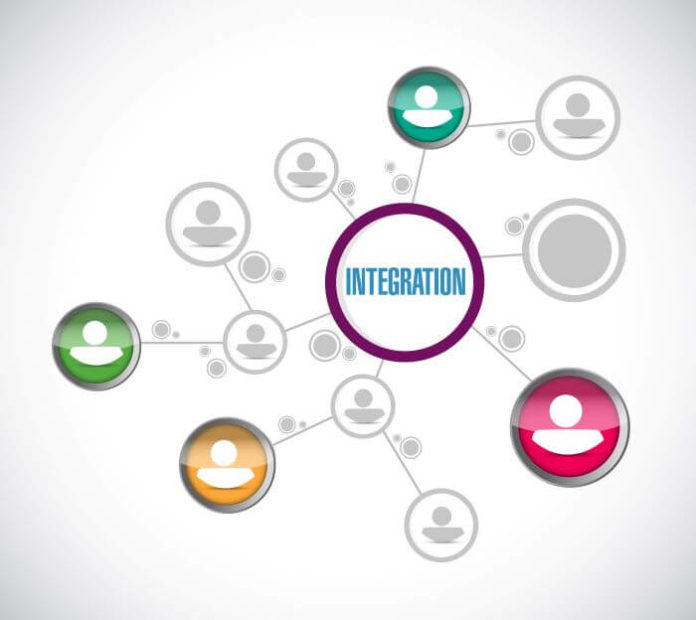Integrated Business Planning (IBP) is a management process that puts together all stakeholders’ non-financial and financial goals of a company to create one unified plan. Many see it as different from traditional business planning because it includes all parts of the organization and ensures that it achieves them.
One advantage of IBP is it helps businesses break down their objectives into areas and measure how much they have completed. In doing so, software solutions like the one on this site may be necessary. This is beneficial for companies as it enables them to see whether they can meet critical milestones to accomplish larger goals comprehensively.
Advantages Of Integrated Business Processes
Seasoned experts in the business sector agree that adopting an integrated approach to business planning has a lot of benefits. The following are some of the perceived perks of utilizing IBP in your organization. Keep on reading to learn more.
1. IBP Can Be Highly Motivating For Employees
With IBP, everyone is included and their goals are considered. This creates a plan that can be measured and changed accordingly if needed. IBP can offer a great way to recognize workers, an extremely important aspect of running an organization. In contrast, traditional business planning has an inflexible approach.
Moreover, as IBP is a collaborative process where all parts of an organization work together, there’s less finger-pointing and blaming because everyone has input in creating the business blueprint. Departments can come together and develop a solution that works for everyone. This environment keeps teams working together in both good and challenging times.
2. Collaborative Planning Can Lead To Better Decision Making
Goals are a part of a business in every capacity. Not only does having them motivate both management and employees, but they also permit all players to have something in mind that they’re working towards achieving.
IBP helps break down goals into pieces so more information can be collected. This leads to better decisions – making tough decisions easier to execute.
For instance, management may be aware that they need to revamp their marketing strategy, as reflected in poor sales figures. In implementing IBP, such a change of plan might mean that they need to revisit their company goals and values to ensure that the right message is what’s being marketed. This area is often missed because marketing strategies are only measured by revenue.
3. They May Help Your Organization Use Resources More Efficiently
The benefit of coming up with better decisions means that company resources can also be used more efficiently via IBP.
For example, when planning for an organizational purchase, a business’ information technology (IT) department may need to buy the latest software version. However, the finance department may consider how much it’ll cost and won’t approve it because of budget concerns. The adaptation of IBP can help identify different needs and available resources so the proposed software won’t be wasted and be made useful to make the most out of it.
4. IBP Is A Flexible Approach To Conducting Business
It’s not just for big companies; enterprises of all sizes can use IBP in preparing in-depth business blueprints. In big companies with multiple departments, this approach allows all organization members to stay involved and contribute their input which helps improve collaboration between different employee units. In smaller companies or startups with limited personnel, IBP can also work.
IBP as a flexible approach means that it works for different types of business. Case in point, in hospitals and clinics, patient care becomes part of the plan for maintaining the facility. Beyond professionals providing excellent care, patients are also assured that rooms, receiving areas, and other facilities are adequately sanitized, too.
The same can be applied in a construction firm since providing well-maintained machines shows legal compliance and workers’ safety. Ultimately, it can also lessen expenses from low incidents of machine malfunctions, lawsuits and can be used as a marketing tool for both customers and workers too.
5. They Can Provide For Higher-Quality Customer Service
Your customers aren’t just people who purchase products – they’re the lifeblood of any business. IBP makes sure that your organization meets its needs and goals by incorporating customer satisfaction into the overall business plan. This means that processes and structures may be placed to meet their needs faster and more efficiently.
A good example is if a customer calls the help desk and is put on hold for an extended period, accounting can work with marketing to develop a better strategy that would either decrease call volume or increase the size of the staff handling client relationship tasks.
In Summary
IBP is a collaborative business methodology that allows all parts of an organization to work together and achieve similar ends. When employees are involved in the planning process, it’s said that it can be rewarding and highly motivating. Moreover, IBP is flexible enough to be applied to any company regardless of size, niche, or patron base they have.
Utilizing IBP can lead to a structure that allows you to meet your goals more efficiently and improve customer service, which can help customers feel like they’re part of an organization. This approach enables everyone involved to contribute their ideas and think outside the box to improve business operations.







